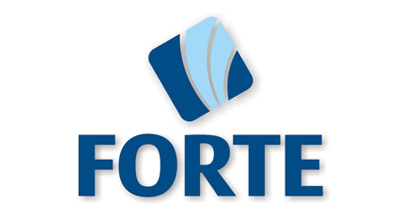Fireplaces are a popular piece of furniture due to their ability to create atmosphere and warmth in a room. There are different types of fireplaces, each with specific features and advantages. In this article, we will explore the differences between electric, water, pellet, and bioethanol fireplaces, to help you choose the one that best suits your needs.
Electric Fireplaces
Electric fireplaces can be placed anywhere there is an electrical outlet and are equipped with a heating system that generates heat and light, simulating the effect of the flames of a real fireplace.
Advantages:
- Ease of installation: they do not require a chimney, gas line or a real fireplace, so they are very easy to install and use.
- Safety: they do not produce flames, so they are much safer than traditional wood or gas fireplaces.
- Versatility: they can be placed anywhere as they do not require any connection to the heating or ventilation system.
- Costs: they are much cheaper to buy and use than traditional fireplaces, as they do not require the purchase of wood or connection to the gas distribution network.
- Cleanliness: they do not produce ash or smoke, so they do not require frequent cleaning or constant maintenance.
- Comfort: they can be turned on and off at will, creating a warm and comfortable environment at any time.
Water Fireplaces
Water fireplaces work through a centralized heating system that uses water to transmit heat to the environment in a uniform way.
Advantages:
- Energy efficiency: these fireplaces heat the water that is used throughout the house, making heating more efficient.
- Healthier environment: they do not produce harmful and polluting fumes, making the air cleaner.
- Versatile design: they can be integrated into many shapes and sizes, offering a wide range of options for every style of decoration.
- Quiet operation: they are very quiet, unlike traditional wood fireplaces that can be noisy.
Pellet Fireplaces
Pellet fireplaces are powered by small pieces of pressed wood, called pellets, which are burned to generate heat and light. This type of fireplace is more efficient than traditional ones because it uses an ecological and low-impact fuel.
Advantages:
- Energy bill savings: its use can reduce energy costs compared to other heating sources.
- Alternative heat source: they can be used as a main heat source or as an integration to an existing heating system.
- Ease of use: they are easy to use and do not require much time for cleaning and maintenance.
- Ecological: pellets are a renewable and sustainable source of energy.
- Convenience: pellets are easily available and can be purchased in large quantities, reducing the need for frequent purchases.
Bioethanol Fireplaces
Bioethanol fireplaces are powered by bioethanol, an ecological fuel based on vegetable materials. This type of fireplace does not emit harmful fumes and does not require any type of exhaust channel, making it an ideal solution for those who want to enjoy the warm and welcoming atmosphere of a fireplace without worrying about safety or environmental impact issues.
Advantages:
- Ease of use: bioethanol fireplaces are easy to use and do not require any particular installation or maintenance.
- Safety: bioethanol is a safe fuel that does not produce sparks or live flames, making it ideal for homes with children or pets.
- Portability: bioethanol fireplaces are lightweight and easily transportable, becoming suitable for indoor or outdoor use.
The choice of the most suitable type of fireplace depends on one’s needs and personal preferences. If you are looking for a simple and uncomplicated solution, electric fireplaces may be the ideal choice. If you prefer a fireplace that is integrated with the heating system, water or pellet fireplaces may be more suitable, while bioethanol fireplaces are a good choice for those who want a more eco-friendly and portable option.












